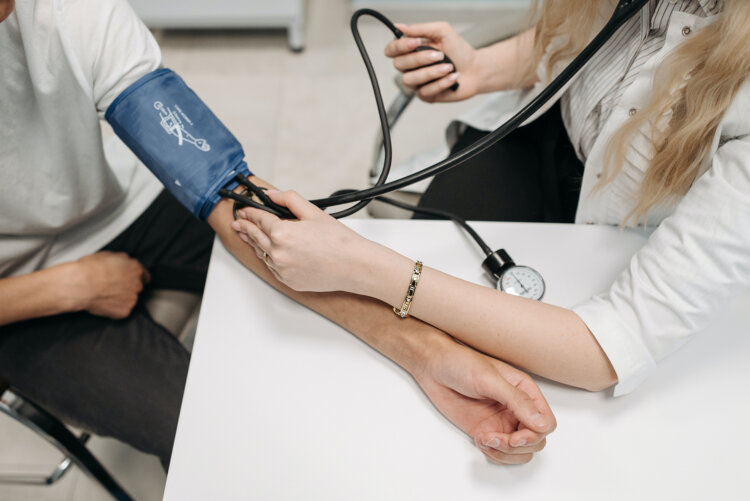High blood pressure, often known as hypertension, has been a silent killer for millions of people throughout the world in recent years. The World Health Organization highlighted the catastrophic impacts of high blood pressure in its first-ever study, detailing how this lethal illness leads to stroke, heart attack, heart failure, kidney damage, and other health concerns.
According to the survey, almost four out of every five persons with hypertension are not receiving proper treatment.
According to the Indian Council of Medical Research (ICMR), hypertension accounts for more than 10.8 percent of all deaths in India.
According to WHO, the number of individuals living with hypertension (blood pressure of 140/90 mmHg or above or taking hypertension medication) more than doubled between 1990 and 2019, rising from 650 million to 1.3 billion.
Around half of all hypertensive people in the world are unaware of their illness. According to the paper, while older age and heredity might increase the risk of hypertension, other variables such as a high salt diet, lack of physical activity, and excessive alcohol use can also cause hypertension.
WHO Director-General Dr. Tedros Adhanom Ghebreyesus stated, ‘Simple, low-cost medication regimens can effectively control hypertension,’ but only about one in five people with hypertension have managed to control it.
He also emphasized the need to reinforce control procedures in the healthcare systems of all countries.
Between now and 2050, increasing the number of people adequately treated for hypertension to levels seen in high-performing countries might save 76 million lives, 120 million strokes, 79 million heart attacks, and 17 million episodes of heart failure.
According to the WHO, the following are some measures to prevent hypertension.
Protocol: For treating uncontrolled blood pressure, practical dose- and drug-specific treatment protocols with explicit action steps can help to streamline therapy and improve adherence.
Medication and equipment supply: For effective hypertension treatment, regular, uninterrupted access to cheap medication is required. Prices for critical anti-hypertensive medications currently vary by more than tenfold among nations.
Team-based care: When a team works together to adapt and enhance blood pressure medication regimens according to medical orders and protocols, patient results improve.
Patient-centered services: Providing simple drug regimes, free medications, and close-to-home follow-up appointments, as well as making blood pressure monitoring easily accessible.
Information systems: User-centered, simple information systems enable the rapid recording of critical patient-level data, minimize the data entry burden on health care workers, and promote rapid scale-up while preserving or increasing treatment quality.
Hypertension prevention, early detection, and successful management are among the most cost-effective health-care measures.
Source: IT







 Finance
Finance







